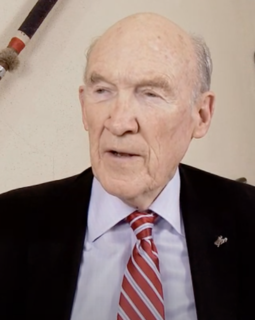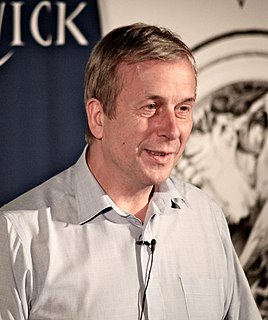A Quote by Alan K. Simpson
In World War II, a British mathematician named Alan Turing led the effort to crack the Nazis' communication code. He mastered the complex German enciphering machine, helping to save the world, and his work laid the basis for modern computer science. Does it matter that Turing was gay?
Related Quotes
Alan Turing is so important to me and to the world, and his story is so important to be told, so it was a big thing to take up, and I was a little petrified. Like, who am I to write the Alan Turing story? He's one of the great geniuses of the 20th century - who was horribly persecuted for being gay - and I'm a kid from Chicago.
It's interesting that the greatest minds of computer science, the founding fathers, like Alan Turing and Claude Shannon and Norbert Wiener, they all looked at chess as the ultimate test. So they thought, "Oh, if a machine can play chess, and beat strong players, set aside a world champion, that would be the sign of a dawn of the AI era." With all due respect, they were wrong.
Although I'm not prepared to move up my prediction of a computer passing the Turing test by 2029, the progress that has been achieved in systems like Watson should give anyone substantial confidence that the advent of Turing-level AI is close at hand. If one were to create a version of Watson that was optimized for the Turing test, it would probably come pretty close.
In the field of Artificial Intelligence there is no more iconic and controversial milestone than the Turing Test, when a computer convinces a sufficient number of interrogators into believing that it is not a machine but rather is a human. It is fitting that such an important landmark has been reached at the Royal Society in London, the home of British Science and the scene of many great advances in human understanding over the centuries. This milestone will go down in history as one of the most exciting.




























